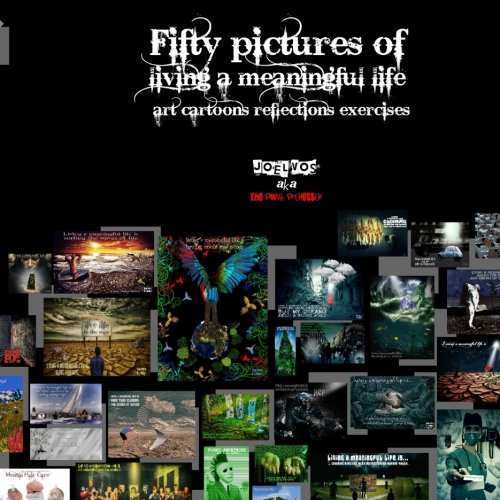Doing research in psychological therapies
To be released in September 2023 with Sage Link
This comprehensive and highly practical ‘how to’ book guides researchers from start to finish through the research process. The easy-to-follow consecutive steps cover: basic academic skills, literature reviews, research aims, selection of quantitative, qualitative or mixed methods, research and ethics proposals, data collection and analysis, and final thesis or report. Supported by decision-making flowcharts, further reading, reflective questions, state-of-the-art trends and templates, this book ensures you produce a sound and coherent research project that fulfils your training and publication requirements. It is the go-to guide for beginning and advanced researchers in counselling, psychotherapy, counselling and clinical psychology, psychiatry and related disciplines.
NB: after the book’s release, this website will show many additional resources for the reader, including downloadable templates







